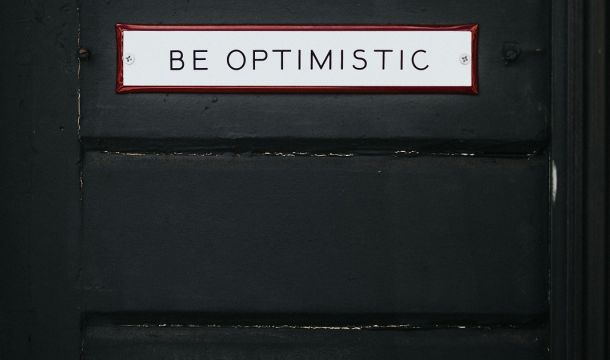Evolution of the Evidence-Based Movement Interviews Series #3
Interview with David L. Myers, PhD, University of New Haven Professor and Director of the Criminal Justice PhD Program
Can you please summarize the work you do, both for Joyfields Institute and the Evidence-Based Professionals Society, and in your regular work life?
I provide training, consulting, and evaluation services in the area of evidence-based organizational development. In collaborating with criminal justice and human service agencies, I assist with enhancing the use of evidence-based approaches, assessing organizational culture and climate, implementing strategic and action plans, and evaluating organizational outcomes. At the University of New Haven, I am a Professor and Director of the Criminal Justice PhD Program. I teach graduate-level courses on research methods, statistics, and criminal justice policy, planning, and evaluation. My recent research has focused on community corrections, reentry, juvenile justice/delinquency, and use of evidence-based programs and practices.
Why and how did you first become interested in evidence-based approaches? What specific evidence-based approaches do you focus upon in your current work?
My interest in evidence-based approaches began when I was a doctoral student at the University of Maryland in the 1990s. This followed my experience as a probation and parole officer, at the height of the “get-tough” movement. I became interested in the evidence-based movement due to its focus on client and staff success, while using existing research and new data to guide policy and program implementation and evaluation. In working with criminal justice and human service agencies, I emphasize comprehensive organizational development based on both existing research findings and the collection and use of agency data. I apply this same approach in working with students and colleagues at the University of New Haven.
What would be your first recommendation to agencies that want to become more evidence-based? How about for individual practitioners who want to become more evidence-based?
My first recommendation would be for agencies to be trained through Joyfields Institute and the Evidence-Based Professionals Society. We offer both organizational and practitioner training that seeks to enhance the services provided to clients, professional development of staff, and organizational operations and performance. At a basic level, understanding the importance of using research, providing services that are supported by research, and collecting and using data are imperative for agencies and practitioners who want to become the most effective at what they do.
What have been the main challenges you have seen agencies and/or individual practitioners experience in becoming more evidence-based, and how have they overcome these challenges?
The main challenges are the time invested up front and persistence needed to become a fully functioning and sustainable evidence-based organization. Typically, there is resistance to change and a belief that doing things the way we have always done them is the best we can do. Effective leadership is necessary to guide an agency on the evidence-based path, develop understanding and buy-in, implement evidence-based programs and practices, and use data to facilitate a culture of learning and continuous improvement of services. Agencies that embrace this approach and commit to an evidence-based framework for operations will be the most successful and sustainable.
What are one or two of the most memorable successes you have seen agencies and/or individual practitioners experience in becoming more evidence-based?
I am always happy to hear from agency representatives who have completed our trainings and subsequently have been successful at implementing evidence-based approaches and organizational development. Two great examples are Seasons Center for Behavioral Health in Iowa and the San Mateo Probation Department in California. These agencies not only went through our training and became Certified Evidence-Based Organizations (CEBO), but more recently completed recertification and clearly are operating at a high level of evidence-based development. Many other agencies have been implementing evidence-based strategic and action plans, and are experiencing organizational success.
How do you see the evidence-based work of agencies and/or individual practitioners changing or evolving in the future?
I definitely see the evidence-based movement continuing to strengthen over time. Contemporary trends in accountability, resource distribution based on performance, emphasis on behavioral success, use of research, and data-driven decision-making are not going to diminish. Agencies and working professionals who understand the importance of continual learning and improvement are also more likely to establish researcher-practitioner partnerships, which benefit both the organization and larger field as a whole.
Anything else you would like to add for the benefit of our readers?
Have a productive and successful 2020. I hope to see you at a Joyfields/EBPS conference and hear about your evidence-based experiences. Your work is valuable and appreciated, and I wish you the best in the coming year.
Photo by Aditya Romansa on Unsplash
Recent Articles

"EBP Day" Event Login Portal

Evidence-Based Professionals' Monthly - December 2025

Evidence-Based Professionals' Monthly - January 2026

Evidence-Based Professionals' Monthly - February 2026

Evidence-Based Professionals' Monthly - March 2026

Substance Use Disorders (SUDs) Masterclass: Core & Advance Skills for Evidence-Based Practitioners

Trauma Informed Care Services

EBP Day - Our Free Annual Planning Event


